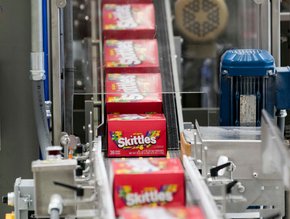McKinsey: Sustainable Farming Needs Industry Investment

Sustainable farming practices are gaining little traction because farmers lack any meaningful operational and financial support, a McKinsey report says.
In 2023 McKinsey surveyed 500 US farmers for insights into their profitability, purchasing decisions and their adoption of sustainability practices and agritech solutions.
It found that although 90% of farmers are aware of sustainable farming practices, adoption remains relatively low.
The report reveals that while 68% of farmers have adopted reduced- or no-till practices – which helps preserve soil quality – only half are using variable-rate fertiliser application, and just 35% are using controlled-irrigation practices.
It found that practices requiring changes in equipment have the lowest adoption levels.
McKinsey also learned that more farmers are participating in government-led sustainable farming programs (57%) than industry-sponsored programs (4%).
- Bring transparency to consumers about the true cost of food
- Build sustainability programmes and make them accessible, to boost sustainability adoption rates
- Educate farmers on how to overcome operational challenges and provide data around yield and cost benefits
- Collaborate with smaller and specialty-crop farmers in the near term, as these farmers are more willing to adopt most practices in the next two years
- Evolve and grow nutrient-related programs, such as applying variable-rate fertilisers. McKinsey says most farmers view these practices as “ROI positive but only about half have adopted them and only in a part of their acreage for industry”.
'Pay farmers to be more sustainable'
Writing on LinkedIn, Philippa Lockwood – Sustainable Agriculture Program Manager at US energy food and drinks company, Clif Bar – says: “This report laments that many farmers know about sustainable practices but most are only implementing a select number of practices with a clear ROI on a small portion of their acreage.”
Commenting on why more farmers participate in government-led sustainable farming programs than industry-sponsored programs she puts this down to “better accessibility and better funding options via government programs”.
Lockwood adds: “Despite all the fanfare over industry investment I wonder if farmers have access to the longer-term contracts needed to de-risk their switch to more sustainable practices.
“This makes sense when you understand that farming is a business with razor-thin margins. Farmers are risk averse, and you would be too in their situation.
“If we want farmers to be more sustainable, they have to get paid.”






